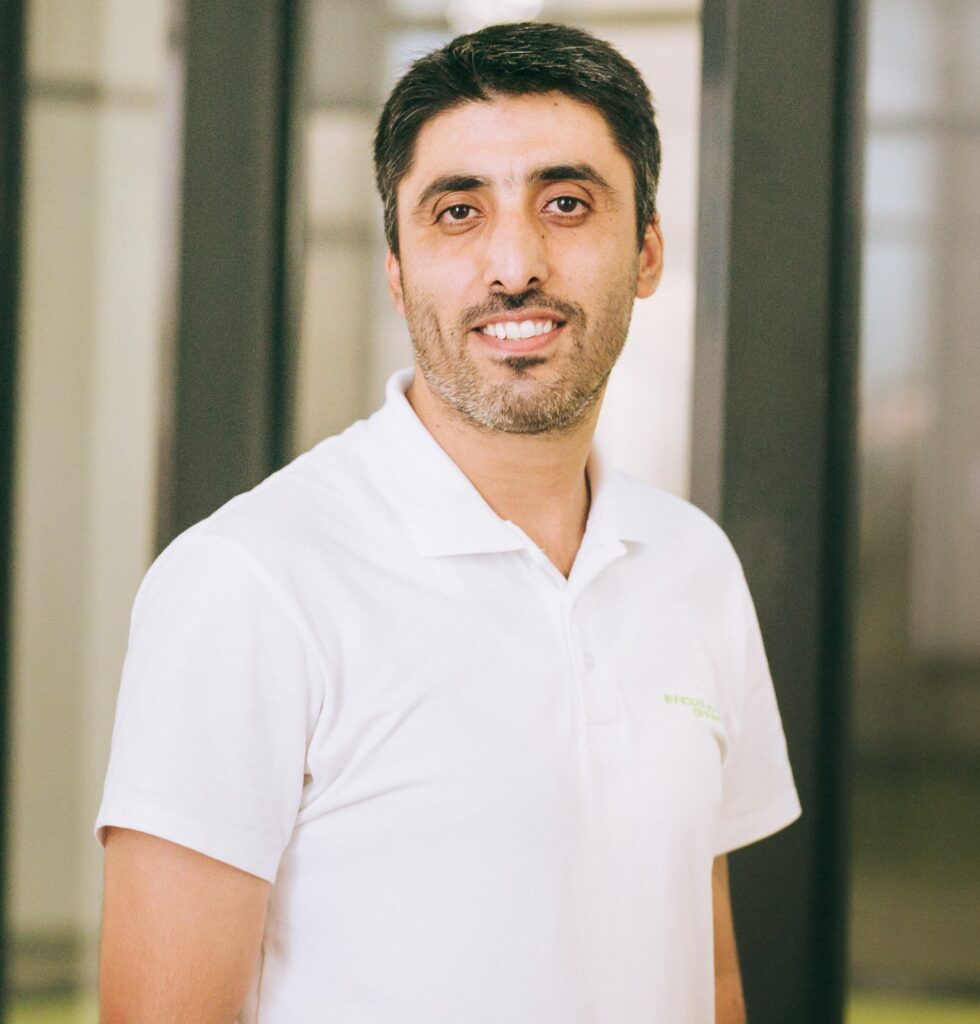Simulations have long been used to test the feasibility and effectiveness of new solutions across various domains, including cybersecurity. However, such solutions are often based on limited assumptions about the attacker model. As a result, their scalability is typically constrained and context-specific. In contrast, scalable security solutions require extensive testing infrastructures, ideally isolated from operational systems to realistically mimic attacker behavior and threat scenarios. In the face of increasingly sophisticated cyber threats and attacks, traditional security solutions are proving insufficient and inefficient. Emerging threat landscapes are rendering existing assessment and testing methods limited or even obsolete. Digital Twin technology presents a unique opportunity to rethink the security of digital infrastructure, offering new avenues to enhance both resilience and adaptability. By creating appropriate degree of digital replicas of physical systems, Digital Twins enable real-time threat detection, security assessment, and vulnerability forecasting, thereby facilitating timely and informed responses. They also provide a risk-free environment to simulate attack/defense strategies and develop training solutions.
In this talk, we will explore key questions: What exactly is Digital Twin technology, and how can it meaningfully contribute to cybersecurity? Is it a necessity or merely another buzzword? What is the role of AI in leveraging Digital Twins as cybersecurity enablers? Can Digital Twins act as co-pilots in cybersecurity, driving innovation and becoming indispensable tools in the fight against evolving threats? Finally, I will share how we at the University of Bristol are using digital twinning facilities at the Bristol Digital Futures Institute (BDFI) to advance innovation in future telecom networks. We will also discuss current challenges and future research directions for Digital Twin technology as a key cybersecurity enabler.

Rasheed Hussain
University of Bristol
Rasheed Hussain is an Associate Professor of Intelligent Network Security in the Smart Internet Lab and Bristol Digital Futures Institute (BDFI), at the University of Bristol, UK. Before, he was a Senior Lecturer in the same lab, and worked with the Innopolis University, Russia, University of Amsterdam, Netherlands, and Hanyang University, South Korea. He also served as an ACM Distinguished Speaker (2018-2021) and currently serving another term as ACM Distinguished Speaker (2022-2026).
With a strong research focus on cyber and future network security (including 6G), he specialises in Digital Twins for future networks and systems security, artificial intelligence (AI) applications in cyber and network security, and responsible AI practices. Dr. Hussain is actively advancing Digital Twin Technology to enhance the security of open future networks and Cyber-Physical Systems (CPSs), exploring the convergence of AI, Digital Twin technology, and blockchain solutions. He is currently co-leading several national and international projects focusing on open networks security, large-scale infrastructure security assessment, privacy in 6G, real-world use-cases of 6G, and socio-digital futures of the High-Performance Networks (HPN).
